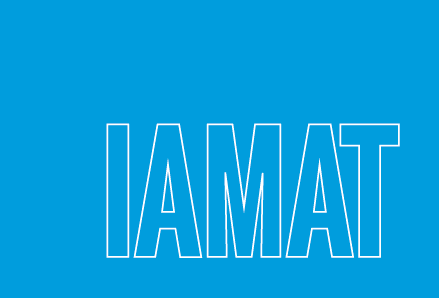The World Health Organization’s recent A(H1N1) Influenza pandemic declaration is no cause for panic.
It is important to keep in mind that the WHO’s upgrade to Phase 6 is strictly based on the geographic spread of the infection (the virus is currently making its way throughout the southern hemisphere as part of their normal flu season) rather than the number of infected people or the severity of the symptoms.
Here’s what public health officials currently know about this new strain of the A H1N1 virus (also known as human swine flu):
- Human-to-human transmission occurs through infected cough or sneeze droplets either inhaled or by touching a contaminated surface.
- The majority of infected persons experience mild symptoms and fully recover, usually without the need for hospitalization or medical care.
- The virus seems to infect younger people, usually under 25.
- A majority of severe cases and fatalities occur in people (30-50 years old) with underlying medical conditions such as diabetes, asthma, heart disease, auto-immune disorders, and obesity. Pregnant women are also at higher risk of experiencing complications.
What we do not know is how the virus will act or mutate over the next few months, especially as the second wave of infection will occur in the northern hemisphere this Fall. It is also not clear to which extent this viral infection affects people living in poor socio-economic conditions (crowded housing, chronic health problems) who have limited or no access to good healthcare.
There is still no vaccine against this virus. However, Swiss-based pharmaceutical company Novartis has just announced that it has produced the first batch of A(H1N1) vaccine and that it plans to start clinical trials in July and expects the vaccine to be available this Fall.
If you are travelling, it is always important to practice good hygiene, regardless if there is a pandemic:
- Wash your hands frequently and thoroughly (15-20 seconds with soap and warm water). If you do not have access to water or soap, use an alcohol-based hand sanitizer.
- Cover your sneezes and coughs using a tissue, or if you don’t have a tissue handy, use your elbow sleeve. Properly dispose the tissue and wash your hands.
- Drink lots of fluids, eat healthy food, manage your stress, exercise, and get regular sleep.
- If you experience flu-like symptoms during your trip, seek medical attention immediately. See our Medical Directory online to access a IAMAT doctor overseas. If IAMAT does not have an affiliated clinic where you are staying, contact your Embassy or Consulate.



